While the close relationship between hypertension and dietary sodium intake is widely recognized Calcium and Magnesium intake may regulate blood pressure.
Blood pressure is determined both by the amount of blood your heart pumps and the amount of resistance to blood flow in your arteries. The more blood your heart pumps and the narrower your arteries, the higher your blood pressure. If your blood pressure is too high, it puts extra strain on your blood vessels, heart and other organs, such as the brain, kidneys and eyes. Persistent high blood pressure can increase your risk of a number of serious and potentially life-threatening health conditions
Excessive sodium consumption (defined by the World Health Organization as >5 g sodium per day) has been shown to produce a significant increase in BP and has been linked with onset of hypertension and its cardiovascular complications. Several studies revealed also that low calcium intake is related to high prevalence of cardiovascular diseases such as hypertension. An increase in calcium intake slightly reduces both systolic and diastolic blood pressure in normotensive people, particularly in young people, suggesting a role in the prevention of hypertension.
References:
1) Sodium Intake and Hypertension
3) Mayo Clinic: Healthy eating to lower your blood pressure
4) Calcium intake and the relationship of dietary sodium and potassium to blood pressure
5) Guideline: sodium intake for adults and children
7) The role of magnesium in hypertension and cardiovascular disease
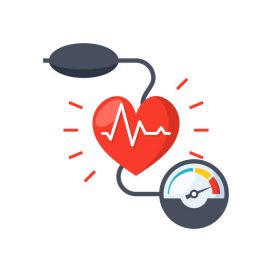
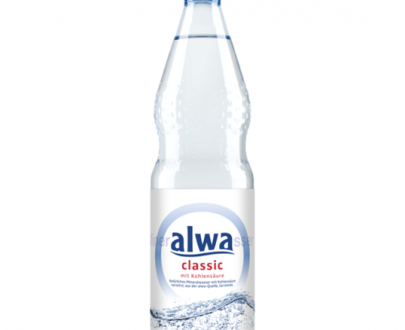

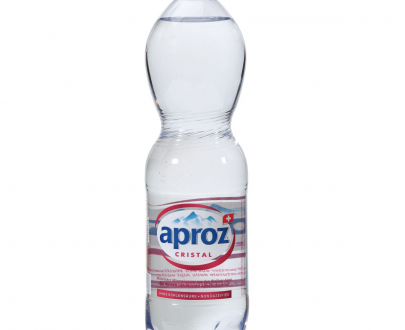

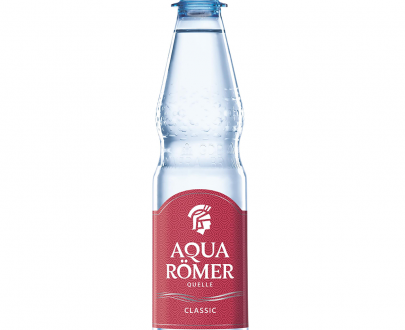
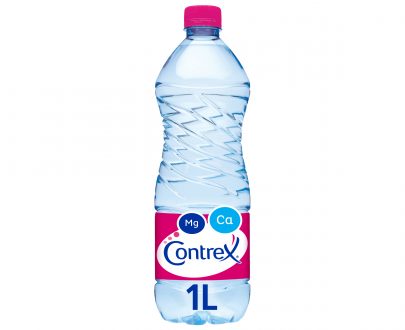
Reviews
There are no reviews yet.